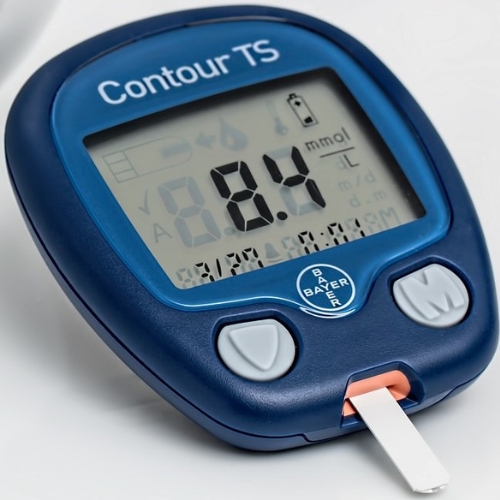Key points from article :
Close the blinds, draw the curtains and turn off all the lights before bed.
“A single night of exposure to moderate lighting during sleep can impair glucose and cardiovascular regulation,” said senior study author Phyllis Zee.
Light exposure during nighttime sleep increases heart rate via activation of the sympathetic nervous system.
Insulin resistance occurred the morning after people slept in a light room. Over time, blood sugar goes up.
Tested the effect of sleeping with 100 lux (moderate light) compared to 3 lux (dim light) in participants over a single night.
Moderate light caused higher alert state called sympathetic activation, which increases heart rate, the force with which the heart contracts, and rate of bloow flow.
If you need to have a light on, make it a dim light that is closer to the floor.
Amber or a red/orange light is less stimulating for the brain.
Blackout shades or eye masks are good if you can’t control the outdoor light.
Study by Northwestern Medicine published in PNAS.






